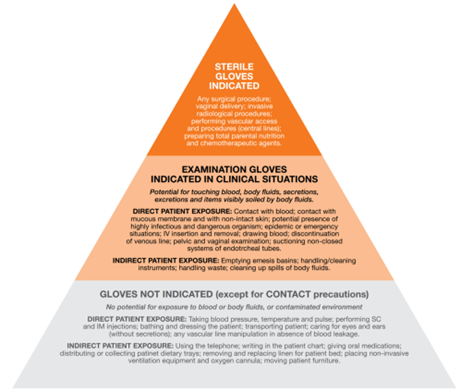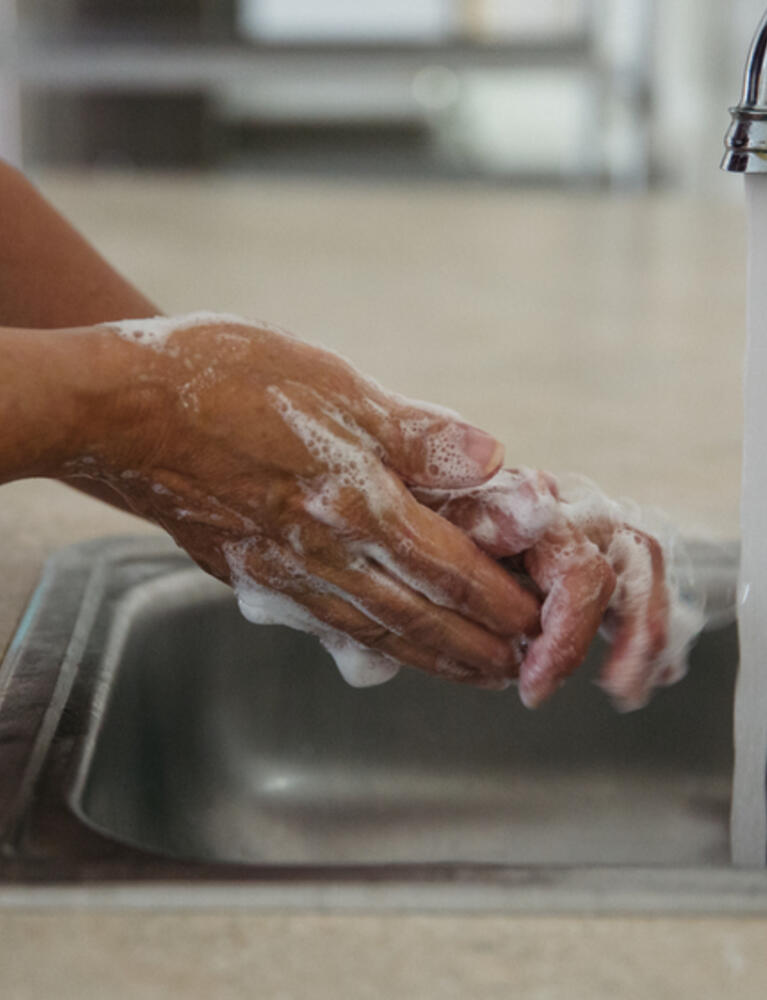Authors: Jasper Wagan - Infection Prevention and Control (IPC) Advisor, David Renard - Sustainable Medical Practices Advisor
Doctors Without Borders/ Médecins Sans Frontières (MSF)
Every year on May 5, World Hand Hygiene Day reminds us that clean hands remain one of the most powerful practices to protect our health. This year, healthcare workers around the world are celebrating the day under the WHO’ theme: “It might be gloves. It’s always hand hygiene”.
While gloves are used as a preventive tool to help stop the spread of diseases, it's important to highlight that gloves are a complement, not a replacement for hand hygiene. Over reliance on gloves raises concerns beyond infection prevention. Gloves are non-biodegradable and when used unnecessarily, contributes to healthcare waste.
These two facts highlight the importance of sustainable practices in infection prevention:
- In pilots implementing rational glove use in healthcare, savings of up to 40% of gloves used per patient were observed (data: MSF, UK NHS)
- When performing waste assessments in hospitals, it was observed that a hospital bed produces, on average, 2 to 4 kg of waste daily, most of it being plastics. (data: literature review from Turkey, Thailand, Brazil, Kuwait, Ethiopia & Iran between 2005 and 2020)
In humanitarian settings, where resources are limited and vulnerabilities are high, preventing the spread of germs becomes even more critical. At Médecins Sans Frontières (MSF), working in high-risk and low-resource settings, we see firsthand how this basic practice saves lives. While gloves can protect against contamination, their misuse, such as not changing gloves between patients or neglecting hand hygiene, can increase the risk of transmission of infection. Protecting patients is our priority, and using gloves responsibly not only helps prevent infections but also minimizes environmental harm, especially in settings where waste management capacities are limited.
For this reason, it's important to use the “WHO Glove Use Pyramid” as a reference, it guides healthcare workers determine when gloves are needed, and when hand hygiene alone is enough. The message is simple: always clean your hands, even when gloves are used. At MSF, we fully support this message of infection prevention and environmental responsibility. Reducing unnecessary glove use not only prevents cross-contamination but also lower environmental impact of healthcare.
Let’s stand behind the science: hand hygiene and rational glove use go hand in hand. Protecting patients and our planet starts by everyone of us, because hand hygiene is not just the responsibility of healthcare workers, it’s a shared duty we all carry, in every setting, every day.




